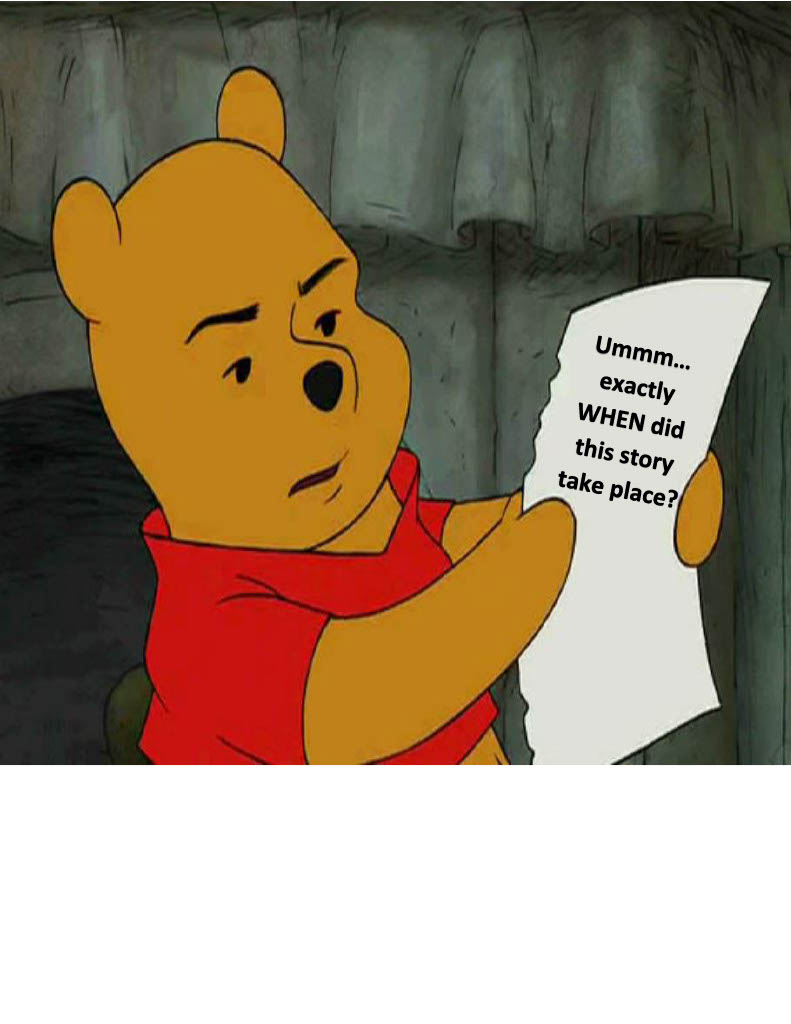YOU'RE MAKING ME "TENSE"!
I have edited hundreds of stories through the years, and one of the biggest issues I continue to run across is the tense of the story. It seems like some writers get lost in their own stories, and they write in the past, present, and the future, at the same time. This confuses the reader, and in some cases, ruins the story. The long-term problem with this is that the writer may not get another chance to prove him/herself to readers, and they may ultimately lose potential loyal fans. In other words, tense is important to ensure the coherence and flow of the story. Proofreading should keep your story in the tense it needs to be in. Below are 7 points about tense that I have found helpful from an article by Mia Botha on the website: https://www.writerswrite.co.za.
1. Pace. Present tense is great for immediacy and speeding up your story. Past tense may slow it down. What will work for your story? What do you want to do?
- Genre. A few years ago, we had very strict dictates regarding genre. Romance and Crime were almost exclusively written in the past tense. Today, these dictates have become more like guidelines and we find more present tense writing in these genres. A lot of Young Adult novels are written in present tense.
- Your audience. Traditionally, most of our writing was in past tense. We grew up reading it and when we started writing this reflected in our work. As present tense became more and more popular we read more of it and wrote more stories in it. An older audience still prefers past tense, but Young Adult readers, who will grow up to read our stories, will perhaps be more inclined to present tense.
- Are you comfortable? Tense is not something to force. Write in the tense that is most comfortable for you. Look back at your stories and take note of the tense you are inclined to use. Also, try freewriting exercises. Set a timer and write. What tense do you use most often?
- Experiment. Even though you may be used to and comfortable with writing in a certain tense you should still experiment. Change the tense when you rewrite and see what happens to your story.
- Don’t mix it up. It’s only wrong when you use both in one piece, but you may be able to pull it off and defy all the rules by having a very good, brilliant literary reason for doing so. Until then, pick one tense and stick to it.
- Show, don’t tell. I usually start ‘telling’ when I write in past tense. I do deliberately use it for certain stories, but I know to double check that I ‘show’ enough.
Go back and look at your favorite stories, that you have read and written, and take note of the tense. Does it reflect in your writing?
Enjoy your stories and figure out what you like the most.
Buy Mia’s book on how to write short stories: Write the crap out of it and other short story writing advice. Books - Mia Botha

